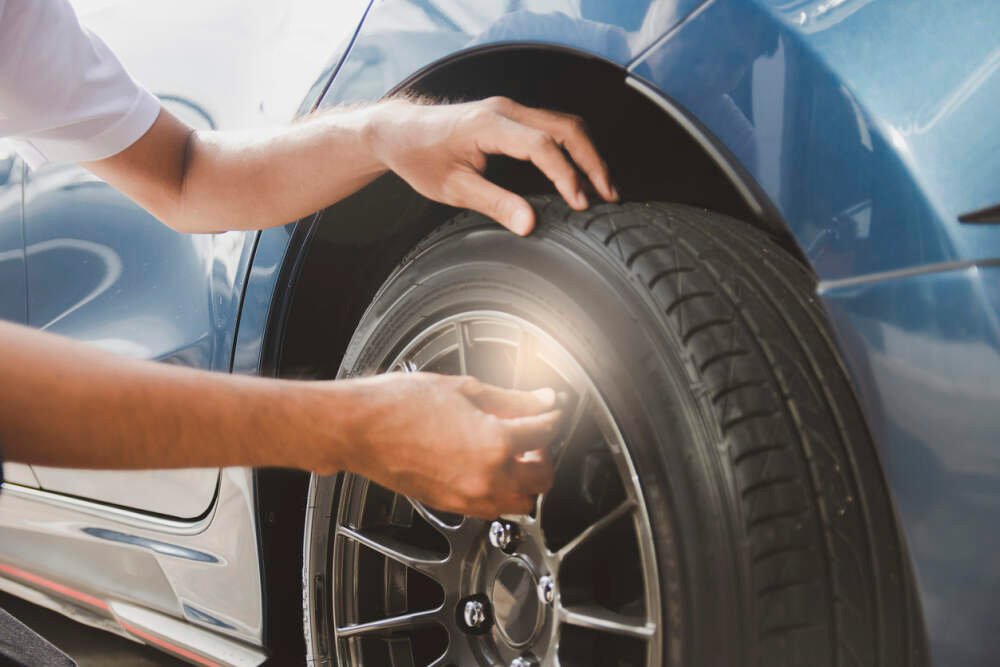Selling your car for cash can be a rewarding experience, but it requires proper preparation, especially when it comes to paperwork. Having all the necessary documents ready ensures a smooth transaction and protects both you and the buyer from legal complications. Here’s a detailed guide on the documents you’ll need to sell your car for cash.
1. Vehicle Title (Certificate of Title)
The most crucial document you need is the vehicle title, often referred to as the “pink slip.” This document proves that you are the legal owner of the car and have the authority to sell it. The title will need to be signed over to the buyer during the sale. Make sure all the information on the title is accurate, and if there are multiple owners listed, all must sign the title before the transfer can be completed.
2. Bill of Sale
A bill of sale is a document that records the details of the transaction, including the sale price, date of sale, and the names and addresses of both the buyer and seller. While some states require a bill of sale by law, even if it’s not mandatory in your area, it’s a good idea to have one for your records. This document serves as a receipt and provides legal protection in case any disputes arise later on.
3. Maintenance Records
Providing maintenance records to the buyer can increase the value of your car and reassure them of its condition. These records should include details of any repairs, regular servicing, and part replacements. A well-documented history shows that the car has been properly maintained, which can help you justify your asking price and build trust with the buyer.
4. Vehicle History Report
A vehicle history report gives potential buyers a detailed account of the car’s past. This report includes information on previous ownership, accidents, title issues, and service history. While not always required, offering a vehicle history report can make your car more attractive to buyers by demonstrating transparency and eliminating any concerns about hidden problems.
visit: https://www.bestcashforcarz.com.au/
5. Release of Liability Form
Once you sell your car, you need to notify your state’s Department of Motor Vehicles (DMV) that you are no longer the owner. This is done through a release of liability form. This document protects you from being held responsible for any incidents involving the vehicle after the sale, such as traffic violations or accidents. It’s important to submit this form promptly, typically within a few days of the sale.
6. Odometer Disclosure Statement
In some states, the law requires you to provide an odometer disclosure statement when selling a car. This document records the mileage on the car at the time of sale and is intended to prevent fraud. The odometer disclosure is usually included as part of the title or the bill of sale, but if not, you may need to fill out a separate form.
7. Smog Certificate or Emissions Test Results
Depending on your state’s regulations, you might need to provide a smog certificate or proof of a recent emissions test. This requirement is common in states with strict air quality standards. Make sure to check your local laws to determine if this is necessary. If your car does not pass the emissions test, you may need to have it repaired before you can legally sell it.
8. Warranty Documents (If Applicable)
If your car is still under a manufacturer’s warranty or you have purchased an extended warranty, you should provide the relevant documents to the buyer. This information can be a significant selling point, as it offers the buyer peace of mind knowing that certain repairs or services are covered.
9. Owner’s Manual and Spare Keys
While not a legal requirement, providing the owner’s manual and any spare keys you have can add value to the sale. The owner’s manual helps the buyer understand the vehicle’s features and maintenance requirements, and spare keys are always appreciated, making it more convenient for the new owner.
10. Loan Payoff Information (If Applicable)
If you still owe money on the car loan, you’ll need to pay off the remaining balance before you can sell the vehicle. Contact your lender to obtain the payoff amount and the procedure for releasing the title. Once the loan is paid off, the lender will send you the title, which you can then transfer to the buyer.
visit: https://www.bestcashforcarz.com.au/cash-for-cars-doncaster/
Conclusion
Having the right documents in place is essential when selling your car for cash. Not only does it help ensure a smooth transaction, but it also protects you legally. Before listing your car for sale, gather all the necessary paperwork, and check with your local DMV for any additional requirements specific to your state. With everything prepared, you can confidently proceed with the sale, knowing you’ve covered all your bases.





Can you be more specific about the content of your article? After reading it, I still have some doubts. Hope you can help me.
Your point of view caught my eye and was very interesting. Thanks. I have a question for you.
Your point of view caught my eye and was very interesting. Thanks. I have a question for you.
Can you be more specific about the content of your article? After reading it, I still have some doubts. Hope you can help me.
Your article helped me a lot, is there any more related content? Thanks!
Your article helped me a lot, is there any more related content? Thanks!
dianabol and deca cycle
References:
Dianabol Deca Cycle